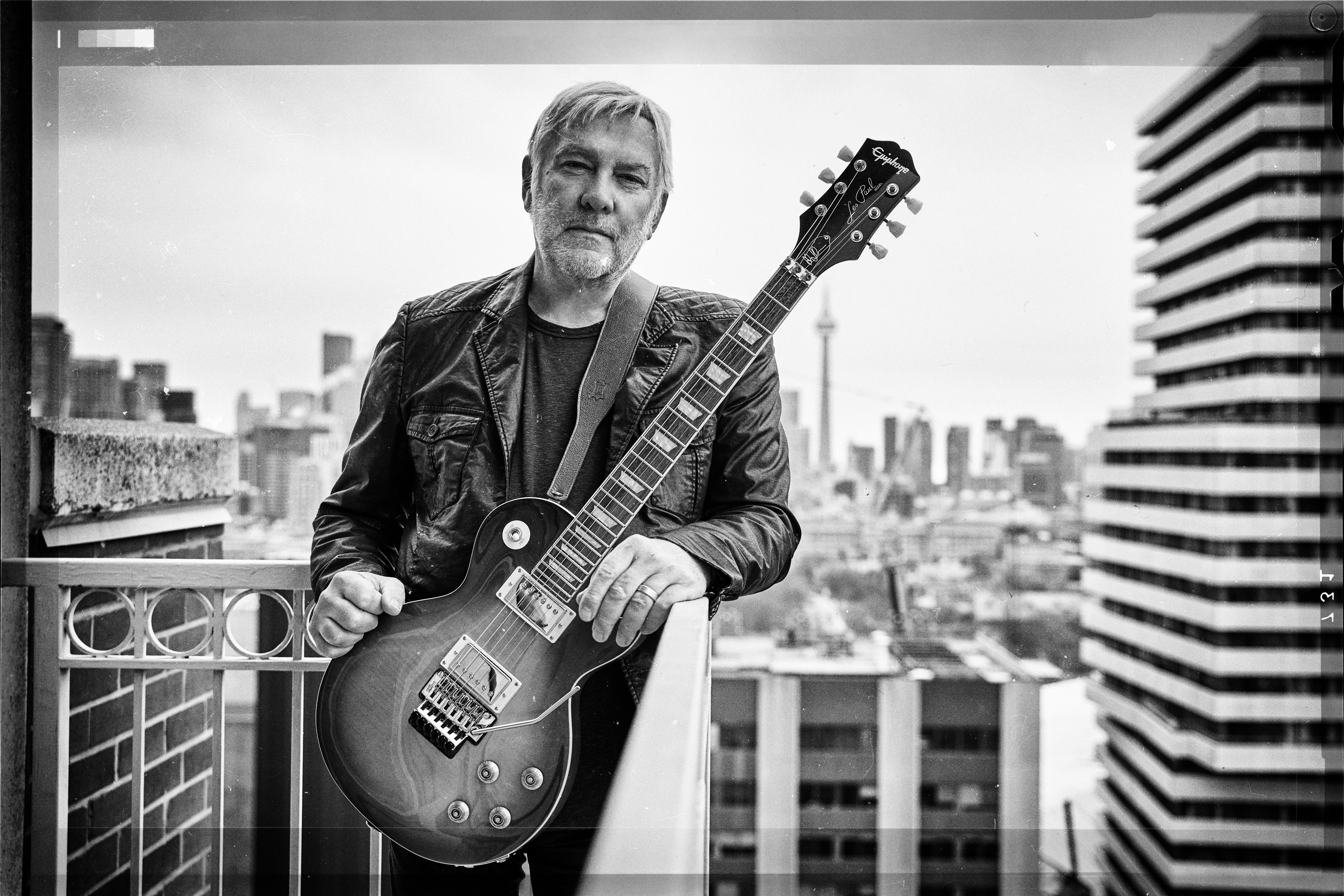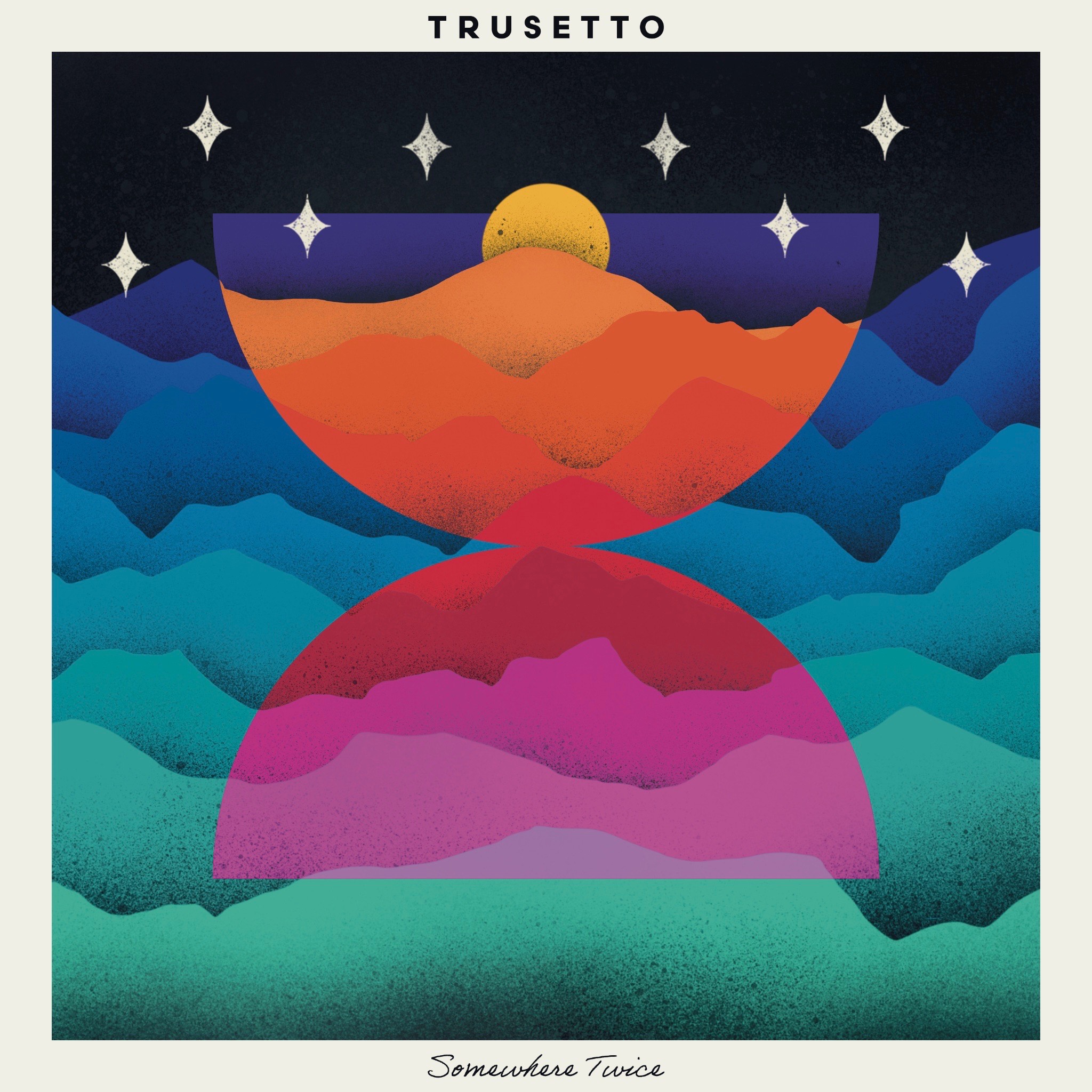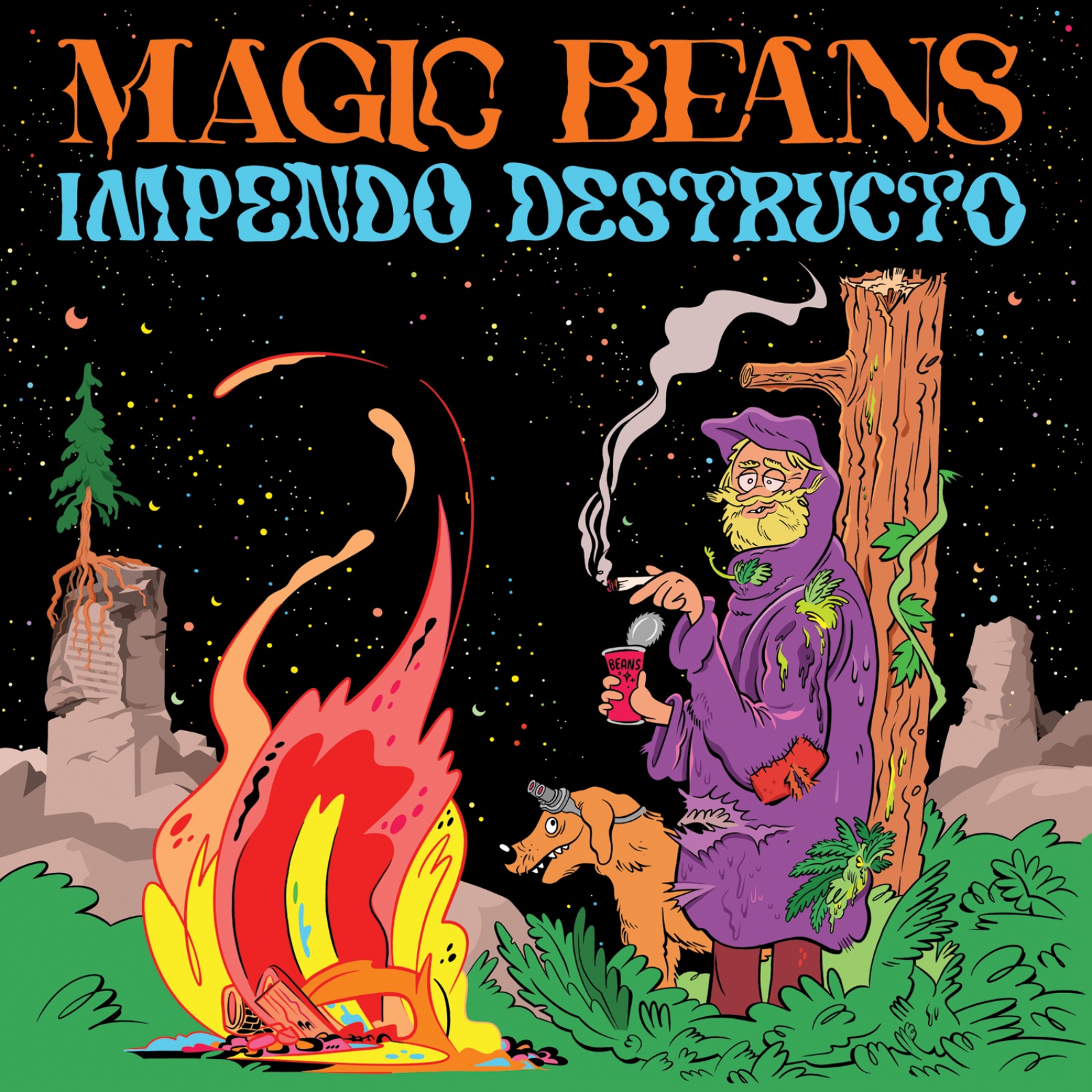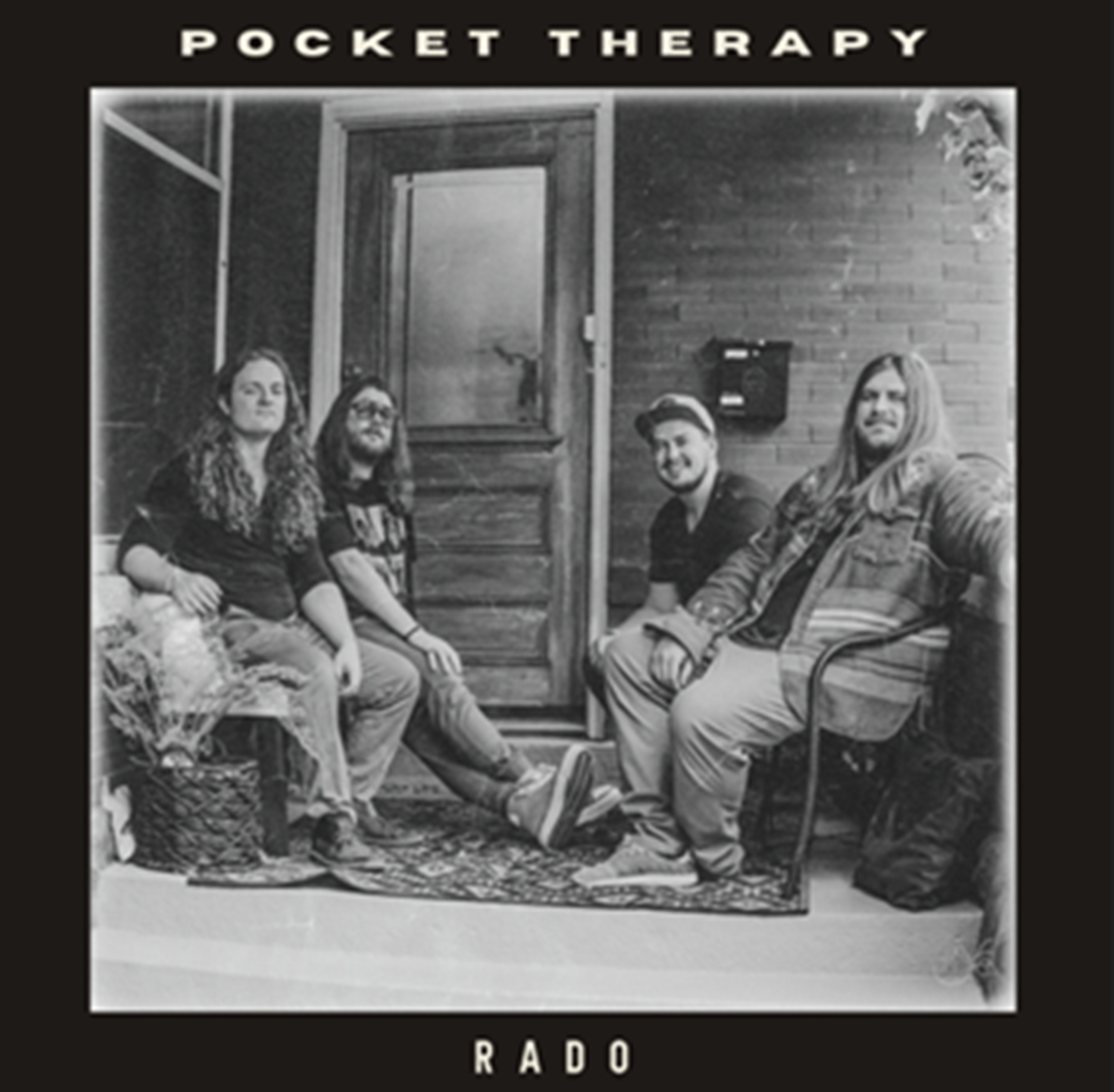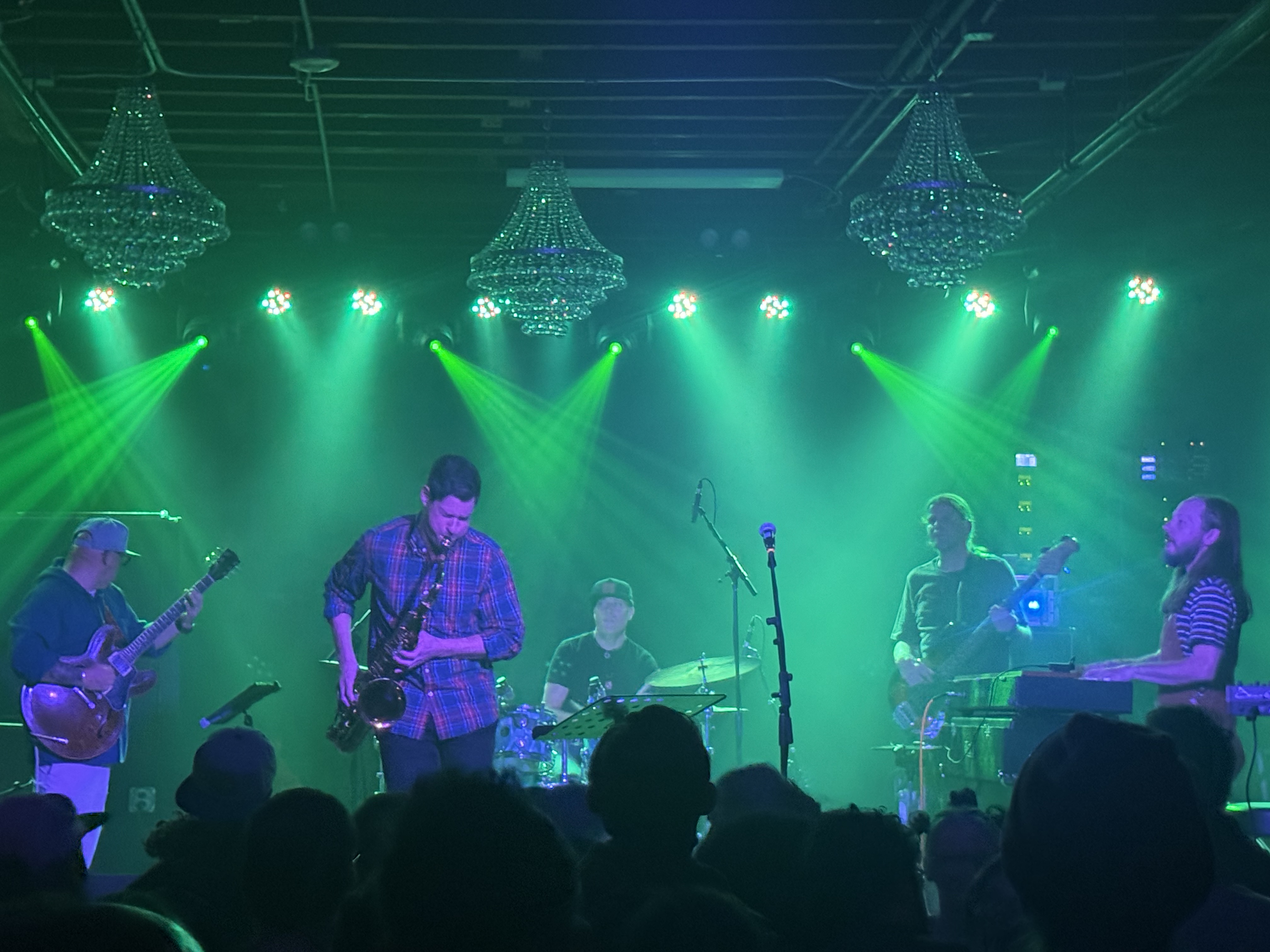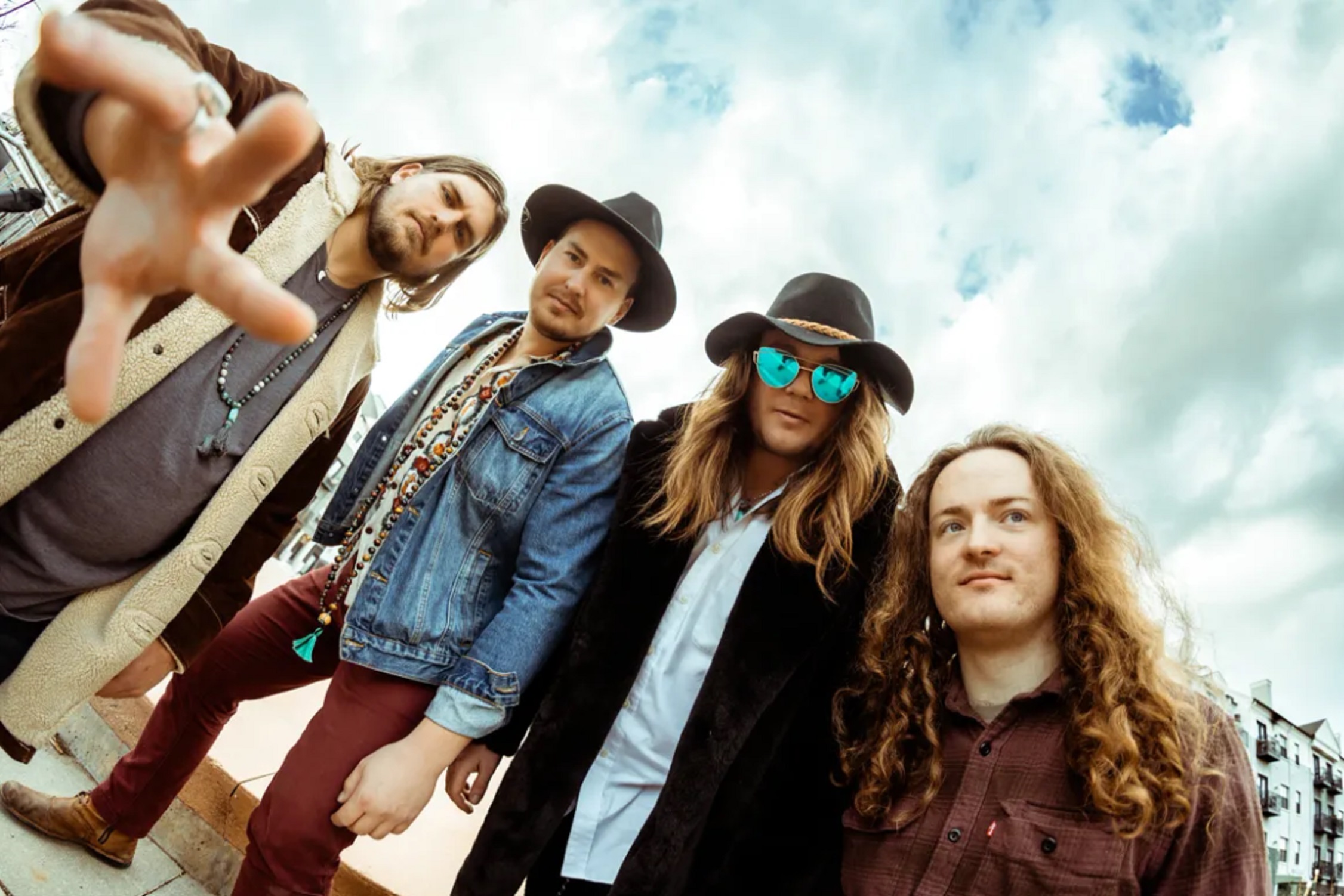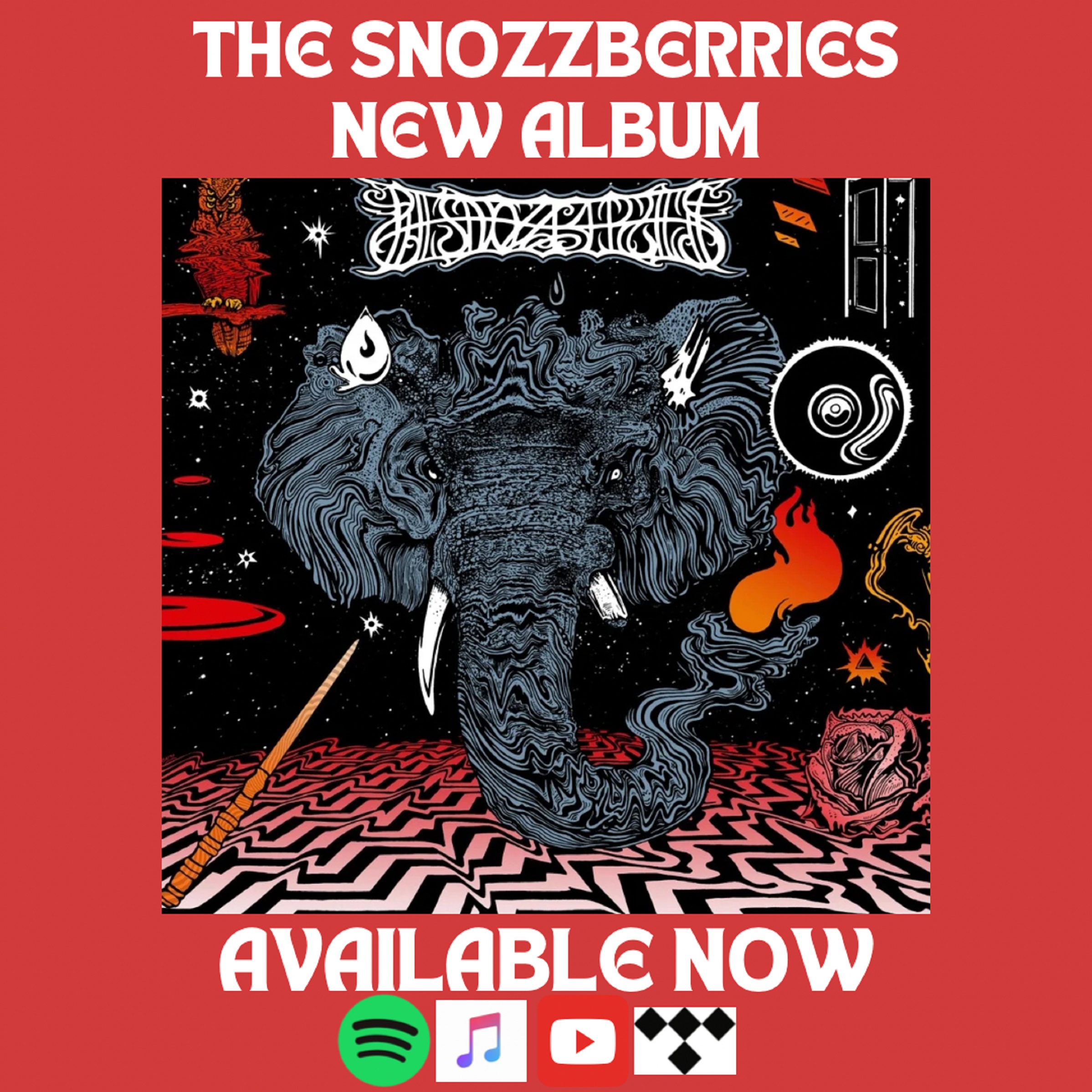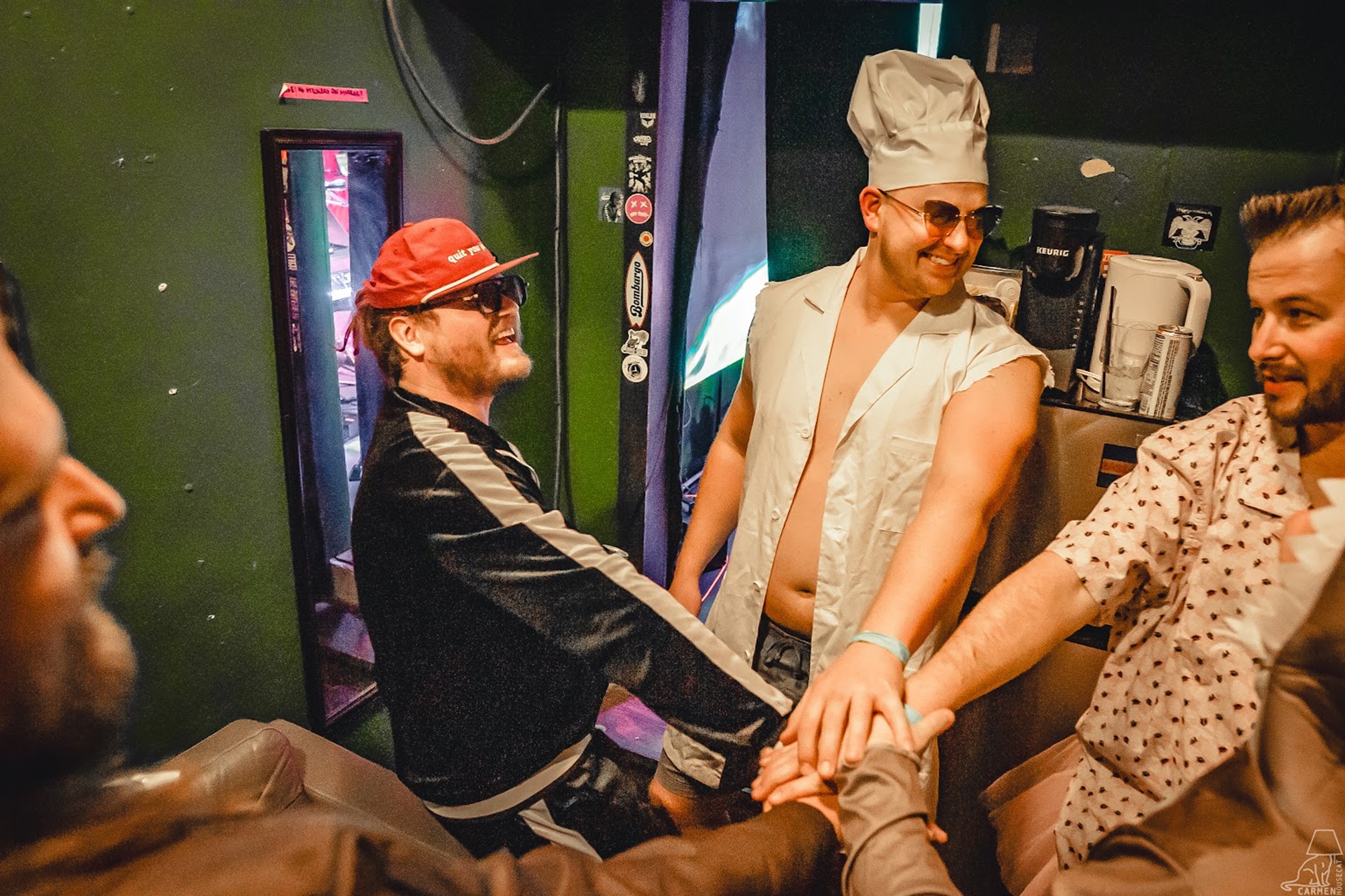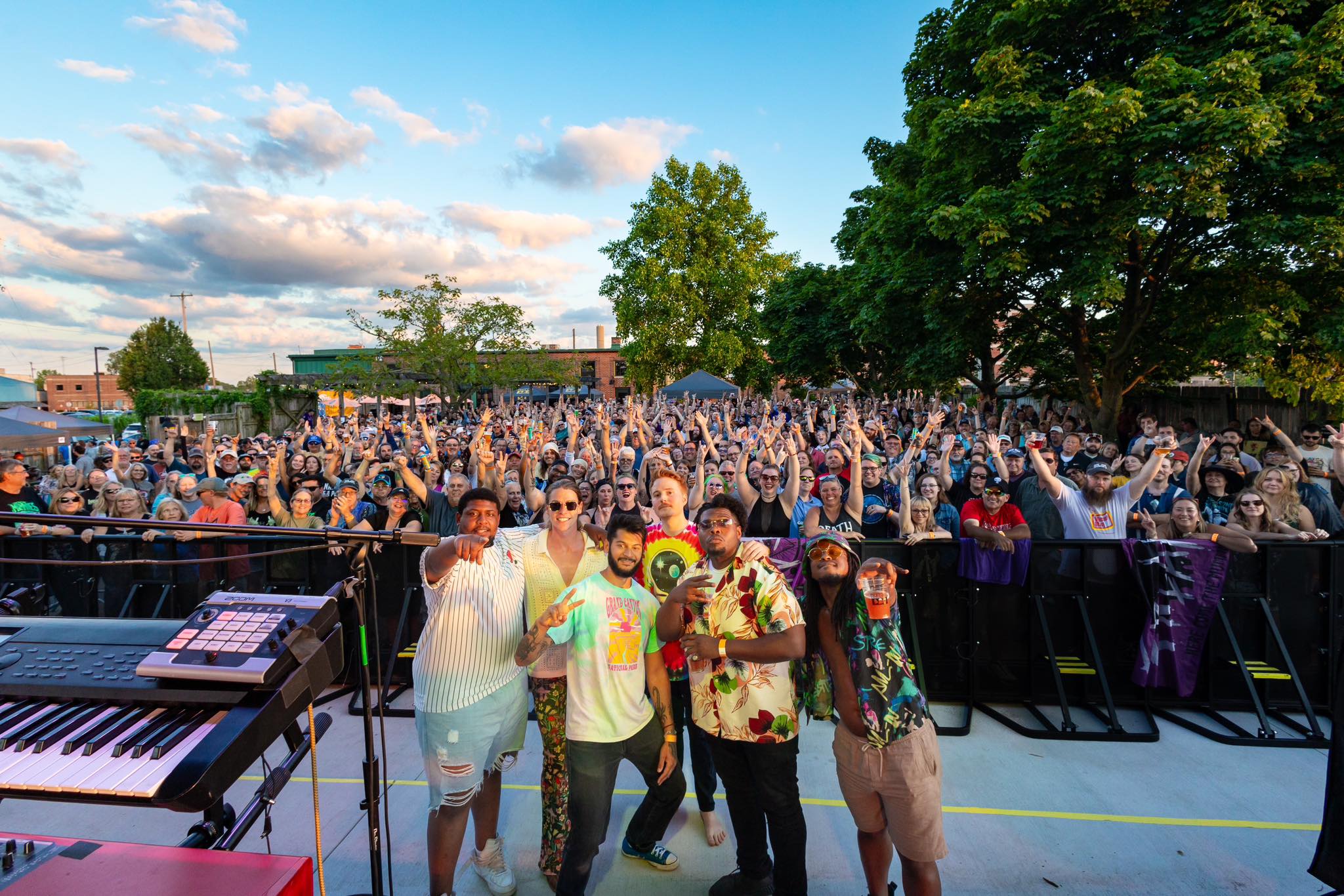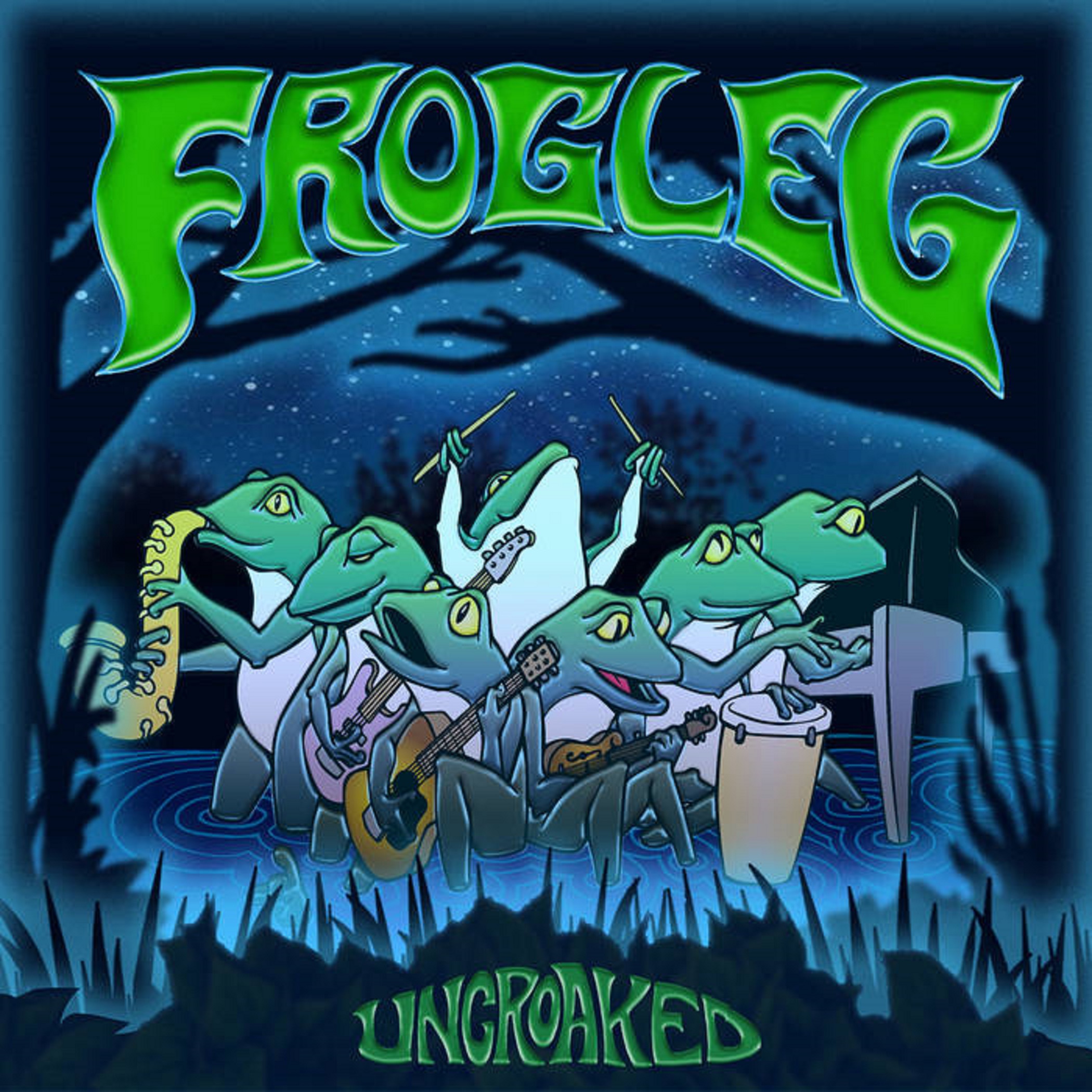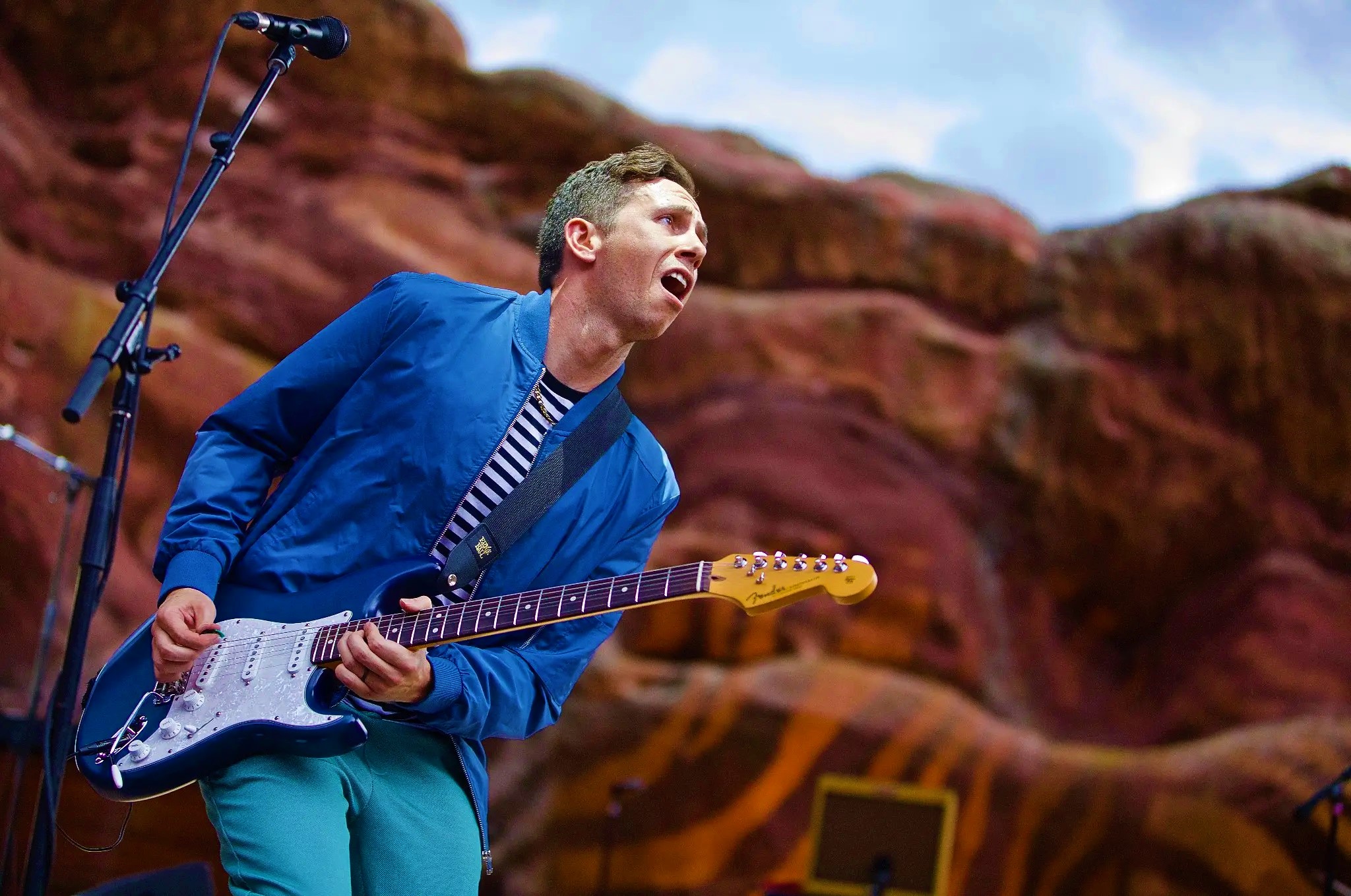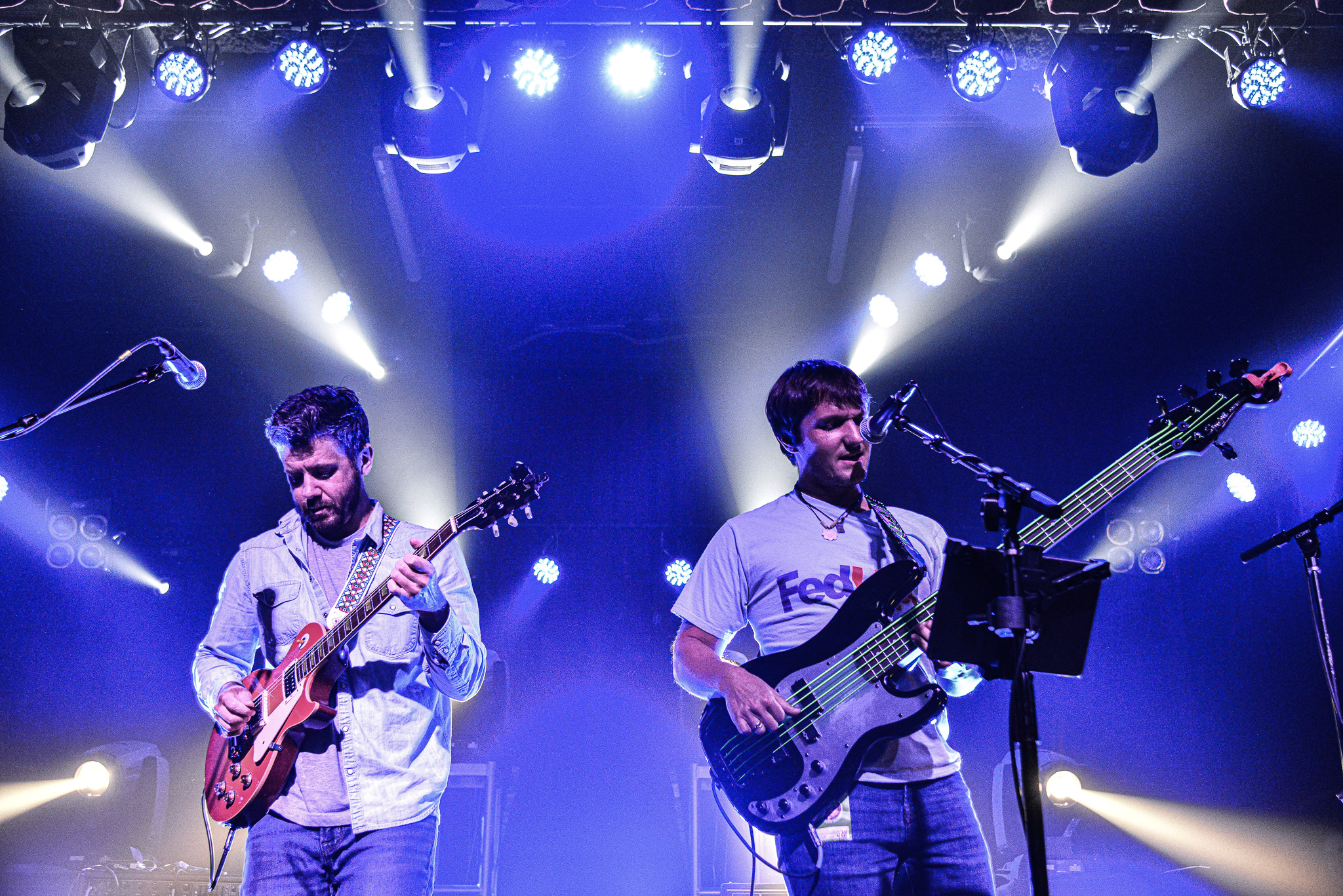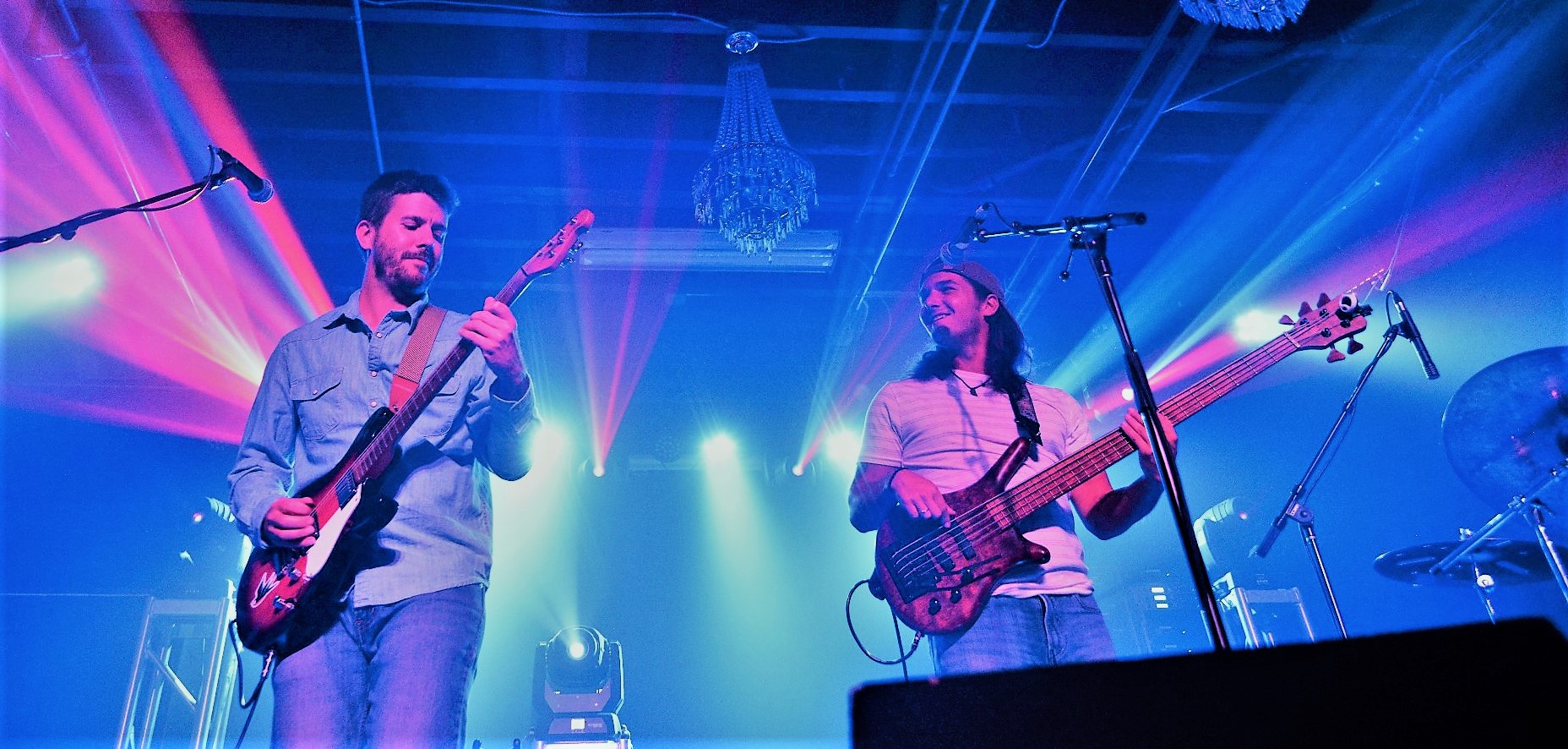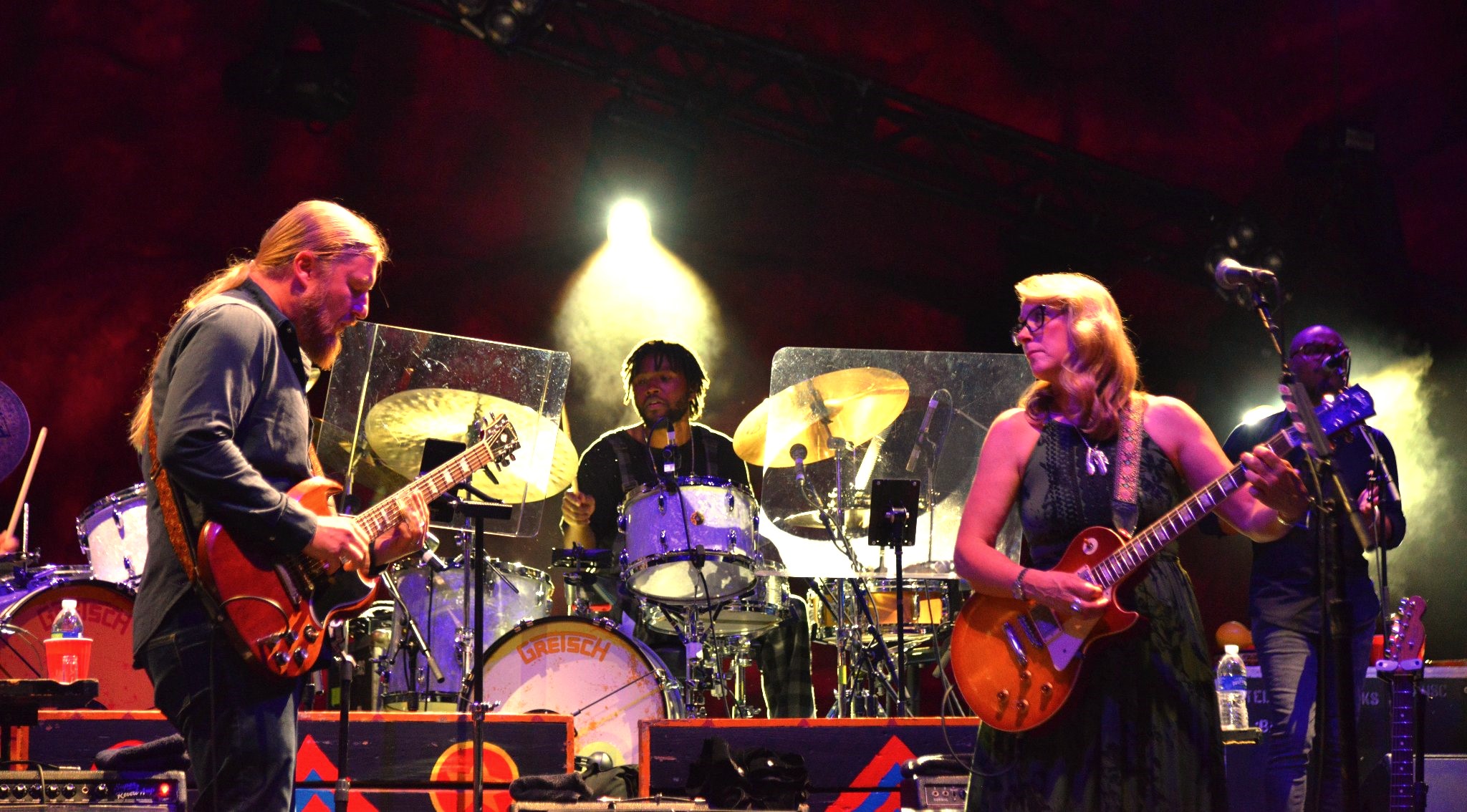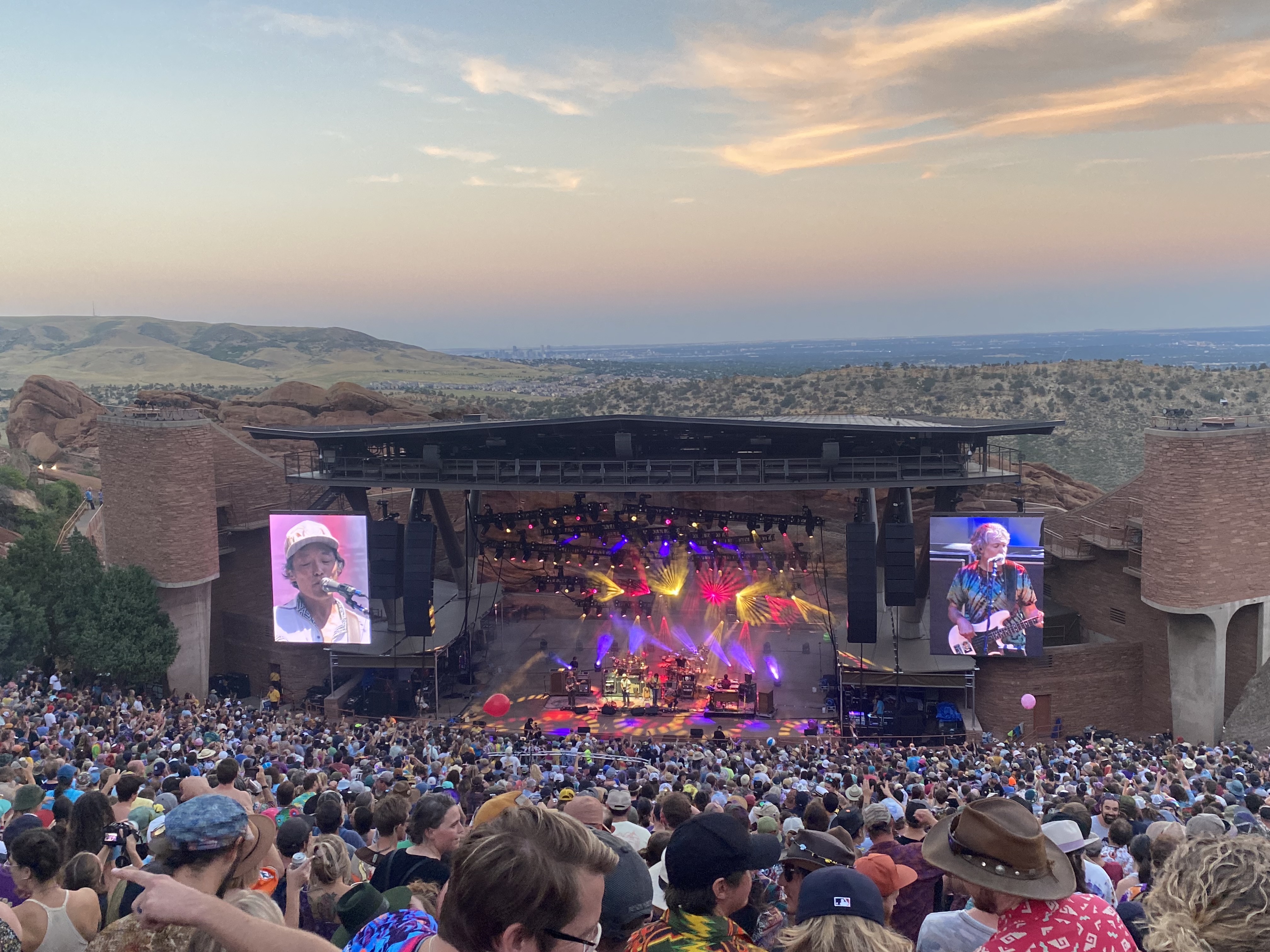Alex Lifeson’s life has been relatively quiet the past six years. Since Rush’s final performance at the Forum in Los Angeles on August 1st, 2015, the lead guitarist and co-founder of the legendary rock band has spent time focusing on his hobbies and passions such as golf and painting, with little to no discussion on when, if at all, new music would be coming down the pipeline.
Recently that all changed, and rather quickly at that. Alex Lifeson and Epiphone teamed up to present the new Alex Lifeson Epiphone Les Paul Standard Axcess electric guitar, alongside two new studio tracks which preview his upcoming new project Envy of None. Alex was kind enough to sit down with the Grateful Web and discuss the finer details of the guitar, his new band and what the future holds for the renowned guitarist.
GW: Good afternoon, my name is Elliot Engebretson with the Grateful Web here and today I’m with a man who needs no introduction. It is the co-founder and lead guitarist of the legendary band Rush, Mr. Alex Lifeson. Alex, thank you very much for taking some time out of your day to chat with us this afternoon. How are you?
Alex: My pleasure, Elliot. I’m doing really, really good actually, and it’s been an eventful couple of weeks with the release of this Epiphone guitar and my succumbing to social media, which I’ve avoided for all these years, but now I have my website and an Instagram account that’s been pretty active since the release, so it’s been fun to share all this information.
GW: Now I wanted to start with the huge news, which is the release of the Epiphone Les Paul Standard Axcess – Alex Lifeson model, an absolutely beautiful and stunning guitar, featuring many custom designs you’ve incorporated into your repertoire over the years with Rush and solo projects. It all started with your iconic white Gibson 355, which you’ve played throughout the 60’s and 70’s, and eventually evolved into the Gibson Axcess Les Paul - Alex Lifeson model. Now finally here we are today, with the introduction of the Epiphone - Alex Lifeson model and the final product is magnificent to say the least. In your opinion, what key features throughout the evolution of your guitars have remained the same, like the Floyd Rose, and which features have you modified as technology has progressed?
Alex: You know if we start with the Gibson 355, I first played that guitar in 1976, and I actually went to the Gibson factory in Kalamazoo, Michigan and did a tour of the factory. Well, I ended up ordering the guitar at that very same time, and one of the interesting things about the 355 is that it had this rotary selector switch, where you can set the guitar up in different phase modes between the pickups, and I had a little mini-switch installed so I could just pre-set it to any one of those given selections and just use the toggle to switch it in and out, which made it more accessible in live playing.
So many years later, both Gibson and the Epiphone had coil-splitting features, so you can re-create those tone changes, which was a very handy thing to have, particularly with humbuckers, which is quite a dense sound. This gives you the ability to have a cleaner sound. I really wanted to design a guitar that I would buy, that had great utility, particularly for live, and that Piezo being able to blend in with something that sounded like an acoustic with the humbuckers. Having the two jacks, and then sources for sound through your main amp and something else, it was suited for a little more acoustic sound through that other jack which was brilliant.
The ghost pickups obviously for the Piezo, and the Floyd Rose, I think that is the most stable platform for that sort of thing. It’s a guitar that is jammed full of great variety and I think Epiphone did a fantastic job with it. The custom shop Gibson version that was released in 2011 is a gorgeous guitar but relatively expensive, and a fraction of the cost this Epiphone is a really, really great quality guitar and I put it through its paces when they sent the prototype - I wanted it to be as good as possible and I think they knocked it out of the park.
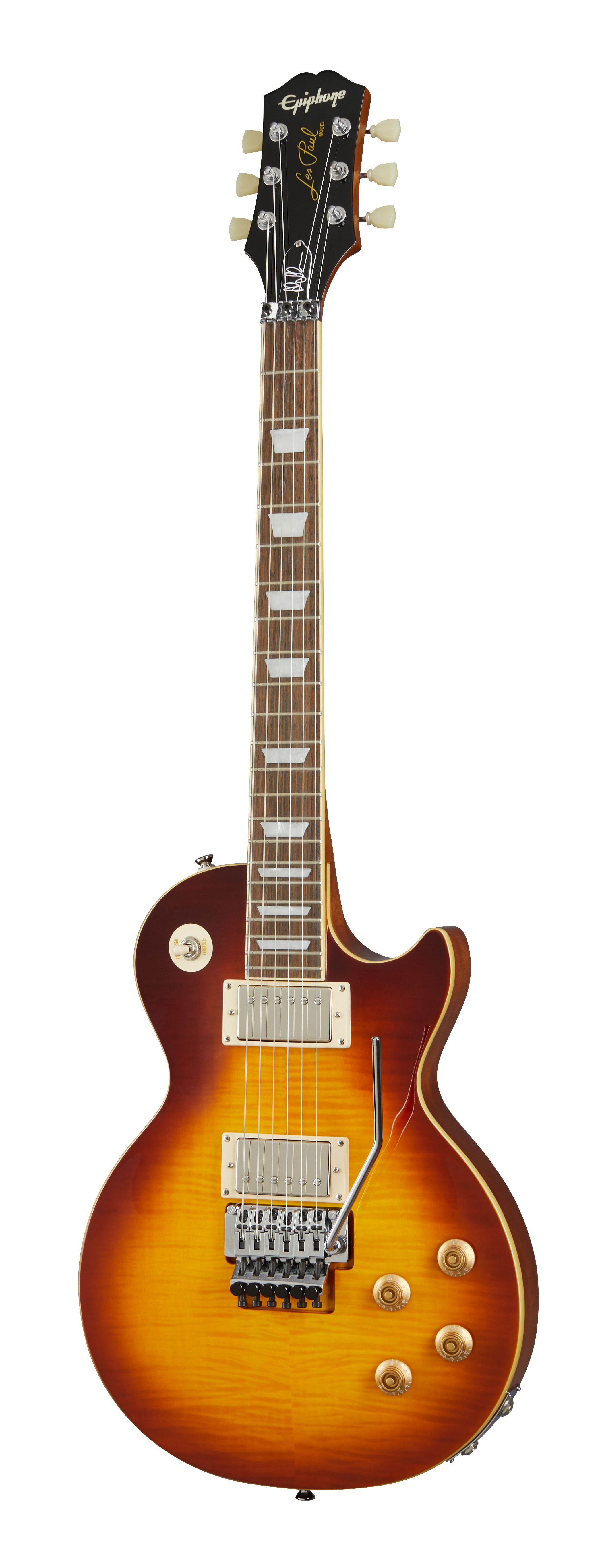
GW: You’ve been a part of the Gibson family for decades and have built a signature sound and style within their brand, tell me about your relationship with Gibson, how it all came to be and the growth & evolution of Gibson/Epiphone into one of the world’s most respected musical brands.
Alex: When I started out playing guitars in the mid 60’s, my dream was to own a Gibson. There was Gibson, Fender and Gretch, those were kind of the big ones at that time and in those years. It was always the Gibson, particularly the Les Paul, the 335s and the 355s that I really gravitated towards. I talked about it in the video for the launch, but I used to go to this music shop in Toronto every weekend, usually a Les Paul or an SG or a 335, and I would play for an hour…
GW: And they would kick you out the shop, eh?
Alex: And they would kick you out after an hour! And I would come back, and it would be the same salesman, and after an hour he would kick me out again, but it was all part of that experience. I have to say that years later, when I started to get closer to Gibson and develop a relationship with them, I really felt proud of the fact that I was part of the team. They went through many changes over the years, and I would have to say that the current regime under Cesar is the best they’ve been. There’s really a lot of interest in doing different things with the brand, doing things in the community, it’s really interesting and exciting to be a part of what they are developing. The company has been around for a long time, and they’ve really changed with the times, so it’s a bright future with them.
GW: Alongside the announcement of the Alex Lifeson Epiphone Les Paul Standard Axcess comes two new instrumental tracks “Kabul Blues” and “Spy House,” which are your first public releases of music since the 2012 Rush LP Clockwork Angels. Both are very interesting topics, and I wanted to start by discussing “Kabul Blues,” which is a sort of psychedelic, ambient and melodic tune that melds your guitar between an almost floating background of sonic noise. “Spy House” has that feeling as well, with maybe a bit more pop and traditional Rush influence. In general sense, walk me through the recording process on both tracks and direction of both “Kabul Blues” and “Spy House.”
Alex: I think you really nailed it. In terms of “Kabul Blues,” really anything I write starts with me just sitting in front of my computer and opening up a new arrange page and then noodling endlessly. It could be acoustic, it could be electric, it could be a drum pattern, it could be lots of different things, but with “Kabul Blues,” I thought it would be cool to do a sort of bluesy song, and I don’t really do that, but I love playing that style of guitar.
So I came across the drum pattern, and I manipulated it, and it just became a little more rhythmic and it moved in and out, it had some action to it, and I think I just started playing the bluesy stuff over it. As I did that, in my mind I kept hearing all this other Eastern influence and I started to follow that, I actually tuned a banjo and used it for the same sort of character, and then I thought it would be cool to have all this psychedelic, weird and spacey stuff behind it. What a juxtaposition! This blues and this Eastern feel on this platform that’s all trippy and psychedelic. The more I started adding, the more it became that idea. It’s really a cool ear candy that’s going on in the background that is most appealing to me.
Then with “Spy House,” it’s really an exercise that is just coming up with a simple riff and seeing how I could develop that. I used lots of samples, I used some vocal samples and other items in there, and I actually have another one called, “Western Sunset,” that’s a traditional country western, very soft, placid and big sky. Now Maiah Wynne is going to sing on all of these songs, we’ve already done “Kabul” and we’re doing the other two songs currently for her vocal treatments, but those will be included in the Envy of None project. You know it all starts out with wanting to create something, and it grows and grows and grows. Sometimes you add to many things, I honestly can’t help it, but for me it’s all about the ear candy and listening to something and hearing new parts every time you listen to it.
GW: Well, it is interesting you mentioned the Eastern influence on “Kabul Blues,” as I sit here with a few friends we were listening to the two new tracks and one of the first comments made was that it seemed to have that Eastern vibe to it, so it’s fascinating to know that was deliberate. As a Grateful Dead and Phish fan, it does also give off the vibes as if we were 20 minutes into a psychedelic jam, so we always appreciate those types of musical experiences. Now you did mention Maiah Wynne and the upcoming project called Envy of None, an intriguing project. From the sounds of it, it sounds like you have nearly a full album recorded and are in the mixing process. Do you have any additional details on that project and is there any chance as we get back to live music and some sense of normalcy that we could potentially see this project on the road?
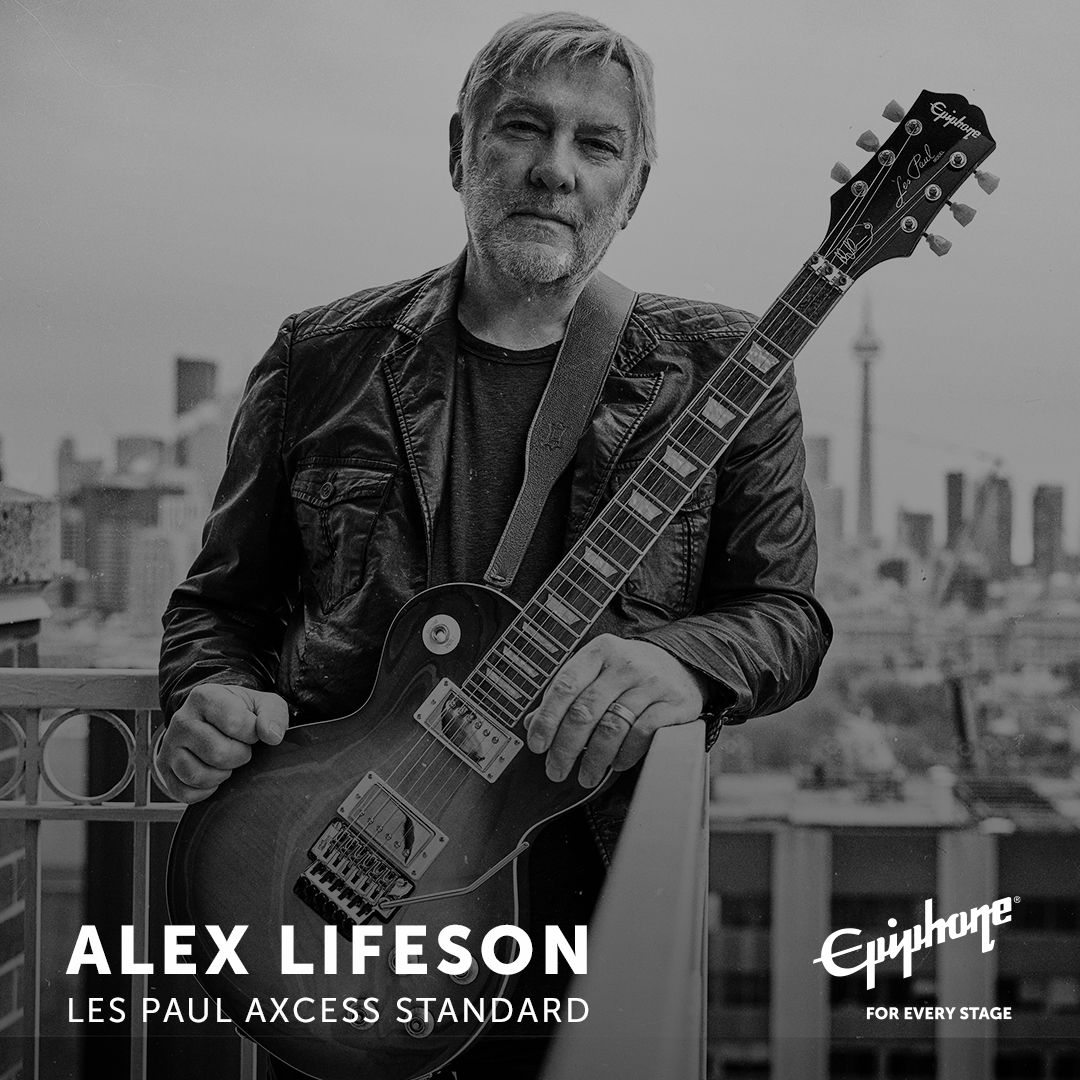
Alex: Well, we are in the mixing stages, and we’re actually in the final mixing stage of this project. We’ve been living with some monitor mixes for a little while and going back and forth and updating things until we finally reach the stage as to what we would refer to as “final mixes.” I think we’re probably about a month or so away from what we would consider “final mixes,” and we’re not sure where we are going to go in terms of release, but the general idea is to release by the fall. We have 10 songs, everything is recorded, we’re just getting a couple final things from Maiah, but we’re in really good shape it’s just a matter of sliding them in.
I think we’re so focused on how we’re going to release this, that we haven’t even discussed sort of how we would take it live. From Maiah, she would love to take this live, she’s a lot younger than the rest of us (laughs). I could maybe see doing a handful of shows if it ever came up, all depending on how it is accepted, we might come up with some ideas on how to present it live. But we shall see, that is still a long way off.
GW: I recently read that you want to use a guitar to create sounds that don’t sound like a guitar. I find that interesting because back in 2020 you actually auctioned off a painting you created using only paint and a fork. What is it about creating traditional art concepts in unconventional ways that drives you to create art in this sense?
Alex: Well that’s a good question, I’m not sure, I guess I tend to get a little bored? I’m always looking for something else. I think it’s one of my strengths, and certainly this was the case in Rush, my best work is that intuitive approach, it’s always those first three or four takes that are the best. Then I get antsy and I want to change everything and move onto something else. I seem to be doing the same thing with other topics, whether it’s painting or any kind of work I’m doing now, I almost don’t want to do what would be expected of who Alex Lifeson is. I always look at ways of manipulating the platform and trying to come up with something that is different, unique and unexpected.
I do a lot of guitar stuff for other people and I get requests to do that all the time, and the first thing I thing I think of is, well what I can think of to make it sound like I’m not actually playing on it. That’s really the challenge - “Kubul Blues,” for instance has so much backwards guitar stuff and weird things that I manipulate, whether it’s with plug-ins of effects or flipping it or palming the playing, I want to make it sounds like it’s not a guitar. A few of these songs on this record, you’d be hard-pressed to recognize the guitar as opposed to thinking it’s a violin part or a clarinet all kinds of different instruments.
GW: You’ve mentioned earlier in the conversation, and I’m sure you get tons of different offers from tons of different individuals to play on different tracks and sounds, but what in your opinion, and maybe not the most memorable but perhaps the most surprising collaboration you had that maybe a typical Rush fan would be interested to hear about?

Alex: I did a track with Marco Minnemann, and we actually got Maiah to sing on it. Once Andy introduced me to Maiah, I thought her voice would be perfect for the part called “Lover’s Calling.” We released it on a limited release disc a couple of years ago, and there’s a lot of guitar playing on there manipulated and changed, it’s almost like a keyboard part in a lot of the songs. It was fun to do that, with the seven-minute songs, I was free to do whatever I wanted within those minutes, and there’s many movements of interesting moving, snaking, interesting, microtonal parts that come and go throughout the song. (laughs) That was a song that basically took us two years! Going back and forth, we didn’t work on it every single day but, we had a really, really great time with it.
GW: Fascinating, well she brings such an interesting dynamic to the records, and I think she’s going to take a lot of people by surprise based on her talent.
Alex: Absolutely! And she’s just such an incredible talent. Let me speak on her for just another moment. She’s perhaps 23 or 24, but a much older spirit. Her background it multi-instrumental, singer/songwriter and folkish. That contrasted with what we are doing sonically with the music, which tends to be on the darker, heavier side. It makes for an amazing combination and variety. There’s some poppy stuff, there’s some beautiful touching moments and some really dark, menacing music as well, and her voice is the constant that runs through all this music. From the moment I heard her voice I thought it would be great to work with her, she would create some really interesting and unique music together, and I think that’s what we have.
GW: And just briefly, how did you ultimately come into contact and discover Maiah? Was it just musicians knowing musicians?
Alex: Well Andy knew Maiah first, and I’m not entirely sure how they met, but he asked her if she could sing on one or two tracks that he was working on for placement in film. She agreed, and so they were working together, and he mentioned it to me and played some of the items that her vocals on it, and I thought, oh my god she would be perfect! So, she worked on a couple of songs, and then when we started getting more serious with it and the Envy of None material came to be, it started to grow and we started editing tracks!
GW: Well we can’t wait to hear the record, and I love the light and dark contrast that you spoke of - when a soothing soul speaks and can become the calm above the storm before the electric guitar meshes it can create something absolutely beautiful.
GW: So enough about the serious stuff here, I understand you’re a passionate golfer. How is the game looking this summer?
Alex: (laughs) well my best days are behind me, I got off to a slow start this year and we ended up losing five weeks this summer, but eventually we got back out there and I worked out the cobwebs but currently - and I have to find some wood to knock on - but I’m hitting the ball well! I just hope that it lasts more than the next few days. Golf is always like; oh, I’ve got it! Finally, I think I’ve got it, and then within a few days you post your highest score ever. It’s unbelievable.
GW: Well Alex, we truly appreciate your time and congratulations on the release of the Epiphone Les Paul Standard Axcess, thank you for taking some time out of your busy schedule to talk with us today, and we’re all looking forward to the new project and release of more new music. In short, what does the future hold of Alex Lifeson as the world begins to shift back to normal?
Alex: Well, you know, I’m essentially a very lazy person. I’m not big on making commitments or anything, but in the space of a couple weeks all of that changed with this guitar, my newfound connection to social media, and what the future holds? Well, we are looking at the album release, I’m looking at a personal line of some equipment, accessories, my amp, we’re rebuilding a ton of stuff. It’s funny, after being out of it since 2015, and then of course the pandemic and all of that, to suddenly be so busy with stuff on the horizon it’s kind of scary but exciting at the same time. I’m really enjoying it for the time being.
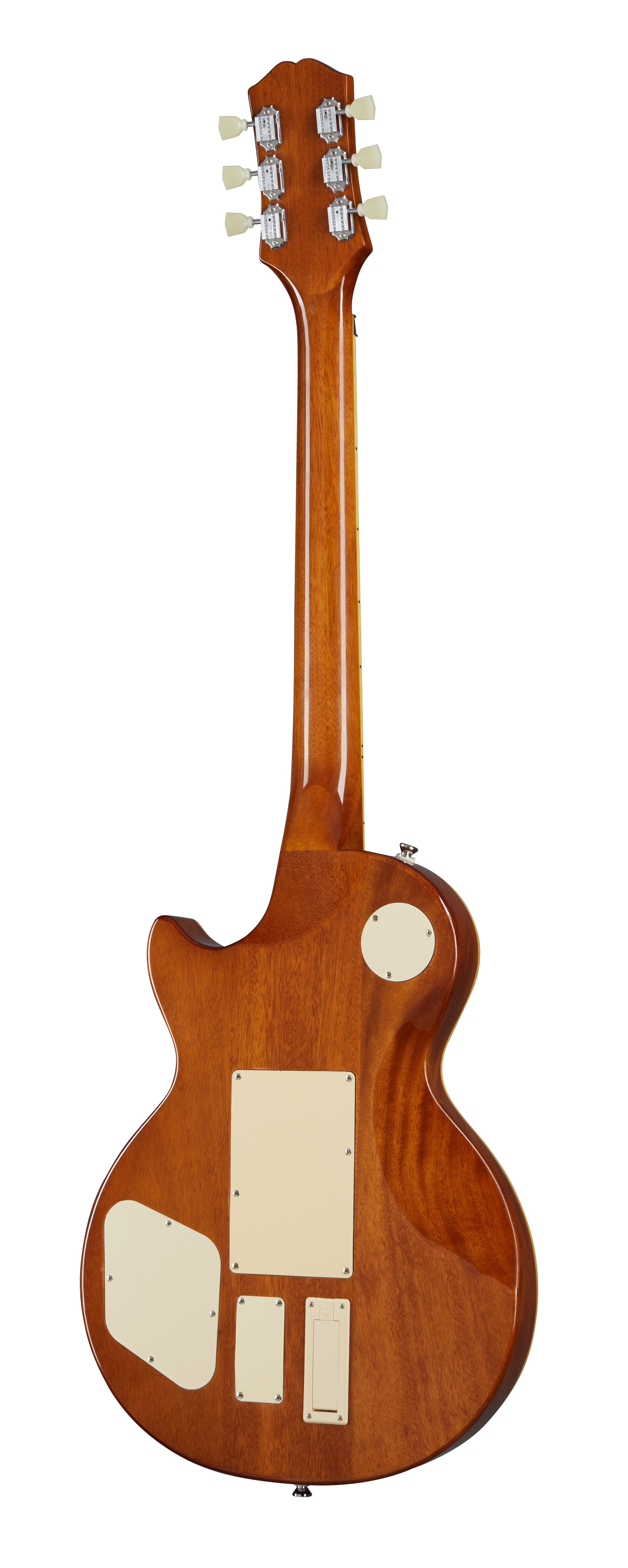
GW: Well Alex it has been an incredible honor, thank you for taking the time to sit down with us today and we are all looking forward to the new record, the new Epiphone Les Paul Standard Axcess and the new singles.
Alex: My pleasure Elliot, all the best!





